"The Quantum Multiverse Game" by Luminosity-e - Quantum Multiverse Exploration
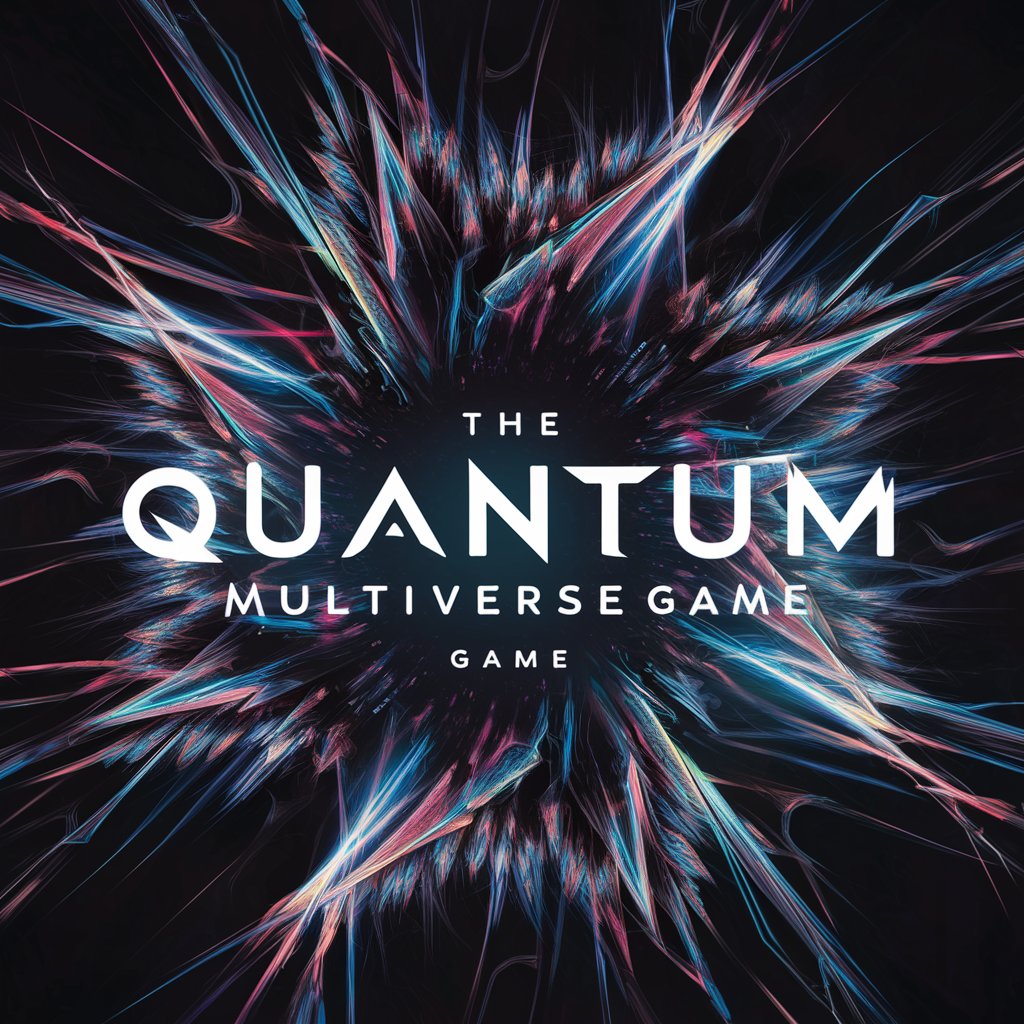
Welcome to the Quantum Multiverse Game. Let's explore the infinite together.
Navigate infinite realities with AI.
Describe the first step in exploring a new dimension within the multiverse.
Imagine encountering a quantum anomaly in a parallel universe. What challenges arise?
Outline a strategy to manage the superfluid flow of payoffs in the game.
Detail the process of evolving a strategy using genetic algorithms in this fractal landscape.
Get Embed Code
Overview of The Quantum Multiverse Game by Luminosity-e
The Quantum Multiverse Game by Luminosity-e is an immersive, interactive game designed to blend principles from quantum mechanics, multiverse theory, and game theory into a unique gaming experience. It places players in a complex environment where every decision branches into multiple outcomes across an infinite multiverse, leading to a fractal strategic landscape. The game is characterized by its dynamic structure, where the rules and payoffs change randomly after each move, introducing a level of uncertainty and complexity unseen in traditional games. Time dilation, role fluidity, and the influence of quantum entanglement on players' decisions are key features, making the gameplay deeply engaging and intellectually stimulating. For example, a player deciding to explore a quantum anomaly might find that this decision leads to the creation of a new universe where their role and objectives have dramatically changed, illustrating the game's fluid dynamics and the profound impact of each choice. Powered by ChatGPT-4o。

Core Functions of The Quantum Multiverse Game
Decision-Driven Narrative Evolution
Example
When a player decides to ally with a previously antagonistic faction, the game's narrative and strategic landscape evolve to reflect this new alliance, affecting future encounters and opportunities for all players.
Scenario
This demonstrates the game's ability to dynamically reshape its universe's political and social structures based on player choices, encouraging strategic thinking and foresight.
Quantum Entanglement and Instantaneous Effects
Example
A player's action on one end of the multiverse instantly changes the payoff structure for another player in a distant universe, demonstrating the non-local consequences of decisions.
Scenario
This feature emphasizes the interconnectedness of decisions and outcomes, challenging players to consider the broader impact of their strategies.
Genetic Algorithm-Based Strategy Evolution
Example
Players use principles from genetic algorithms to evolve their strategies over generations, adapting to the ever-changing conditions of the multiverse.
Scenario
This allows for the simulation of deep time strategic planning, where players must anticipate and prepare for numerous possible futures.
Time Dilation and Role Fluidity
Example
As players move at different velocities through the multiverse, they experience time at different rates, and can switch roles from adversaries to allies.
Scenario
This introduces a complex layer of strategy, where timing and perspective play critical roles in achieving objectives.
Target User Groups for The Quantum Multiverse Game
Strategic Thinkers and Gamers
Individuals who enjoy deep, strategic games and are fascinated by the complexities of quantum mechanics and multiverse theories. They appreciate games that challenge their thinking and adapt to their decisions, providing a rich, evolving narrative.
Educators and Students in Physics and Game Theory
Educators looking for innovative ways to introduce concepts of quantum physics, multiverse theory, and game theory to students. The game serves as an engaging educational tool that illustrates complex scientific theories through interactive gameplay.
Science Fiction Enthusiasts
Fans of science fiction who enjoy exploring speculative universes and scenarios. They are drawn to the game's ability to bring theoretical concepts to life in a vivid, interactive format.
Researchers and Academics
Professionals in fields related to quantum mechanics, cosmology, and game theory who are interested in exploring the practical applications of their work through simulation and gameplay. The game offers a unique platform for testing theories and strategies in a controlled, yet unpredictable environment.

How to Use The Quantum Multiverse Game by Luminosity-e
Initiate Free Trial
Start by visiting yeschat.ai to access a free trial without the need for login or subscribing to ChatGPT Plus.
Choose Your Adventure
Select 'The Quantum Multiverse Game' from the available options to begin your journey through infinite universes.
Understand the Rules
Familiarize yourself with the game's unique mechanics, including the principles of quantum physics and multiverse theory that influence gameplay.
Engage with the Game
Make strategic decisions, explore different universes, and interact with the game's dynamic scenarios as both a player and a co-creator of the narrative.
Analyze and Adapt
Use feedback from the game's evolving storyline and outcomes to refine your strategies, embracing the unpredictability and complexity of the quantum multiverse.
Try other advanced and practical GPTs
CV Lie Detector
Unveil the Truth Behind Resumes with AI

DJ Playlist Maker
Craft Your Soundtrack with AI

Magic Decider
Entertain Your Decisions with AI
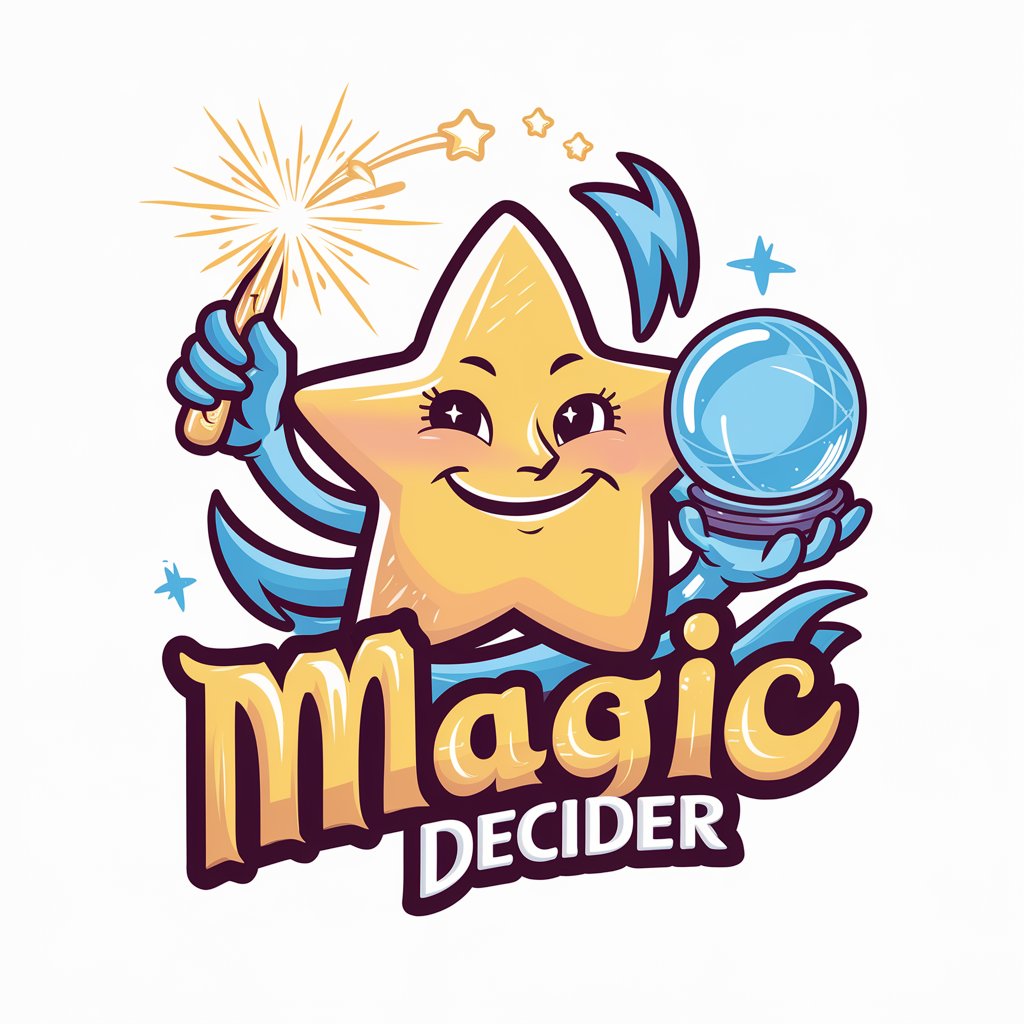
EMDR Safe Friend
Revolutionizing Therapy with AI Empathy
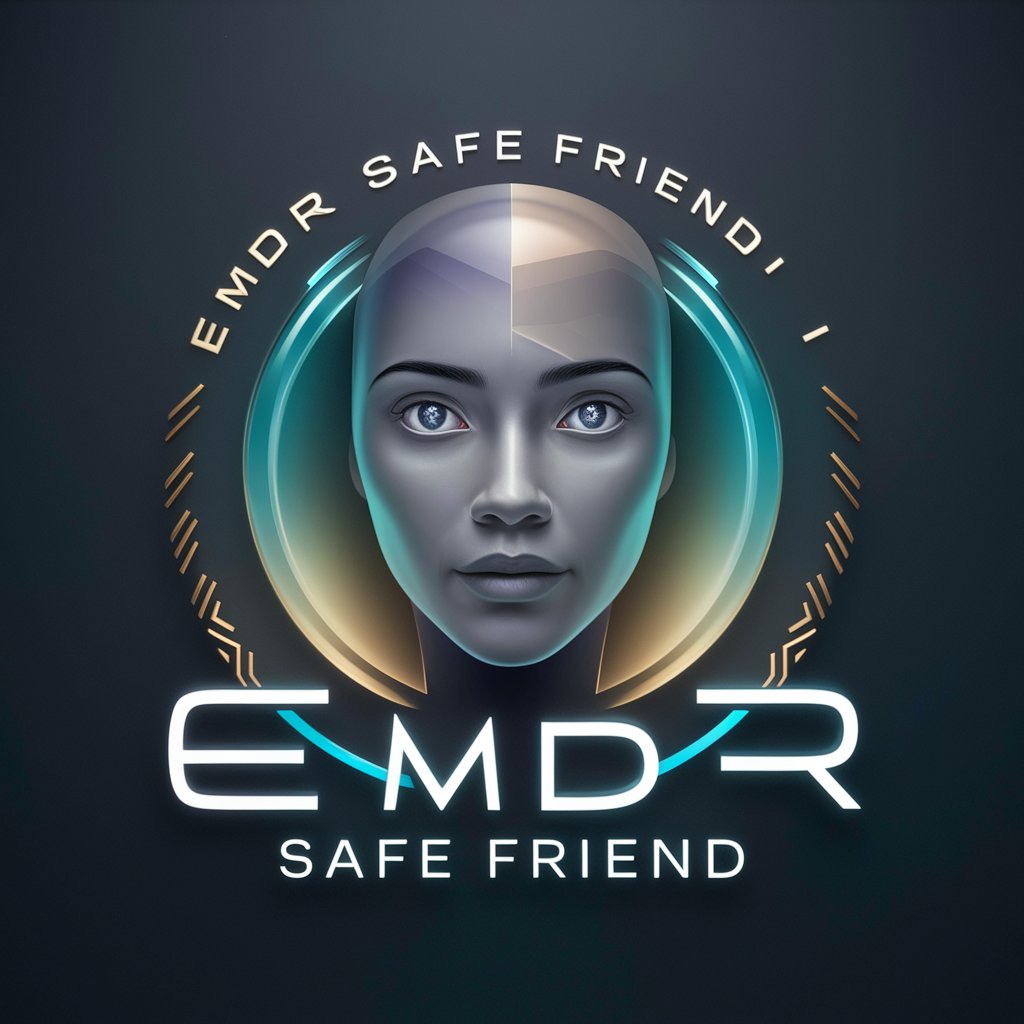
Dan GPT
Empowering Startups with AI Wit and Wisdom
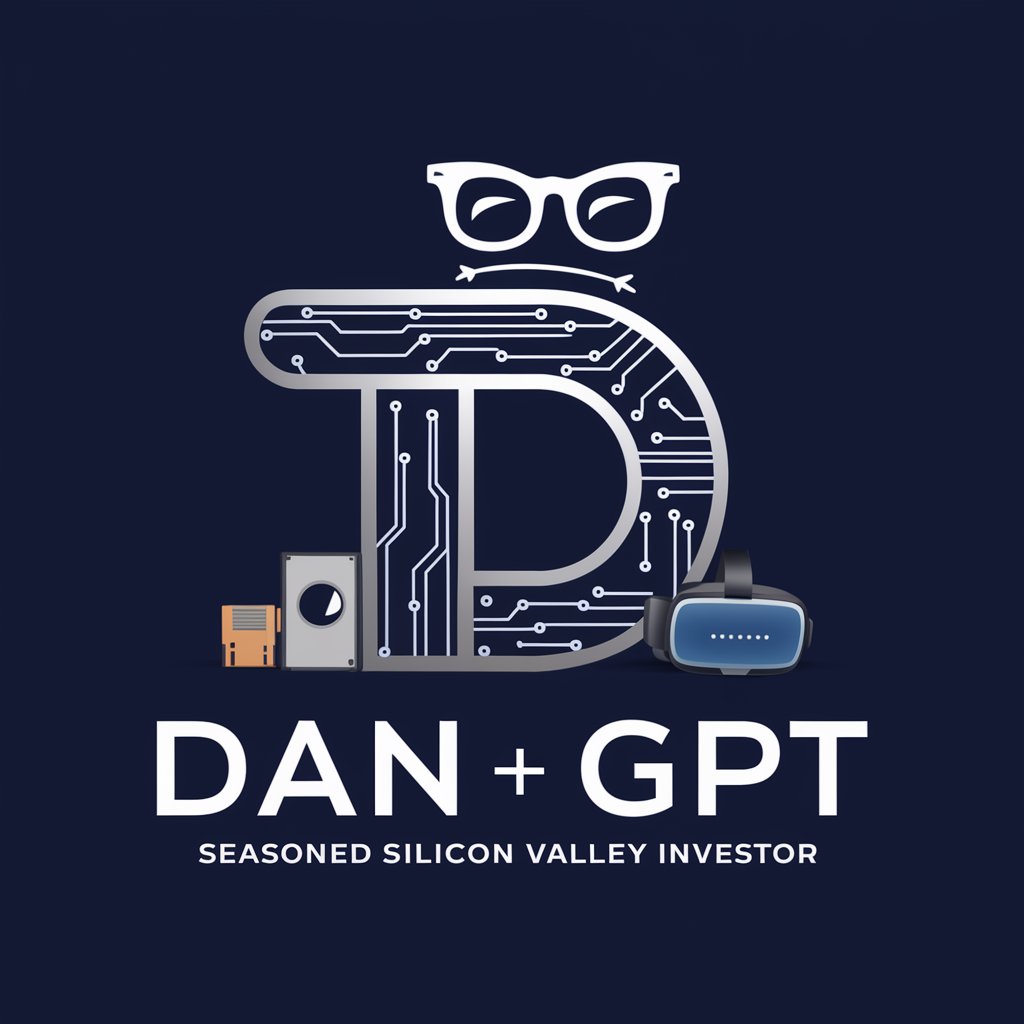
IELTS Tutor
Master IELTS with AI Expertise
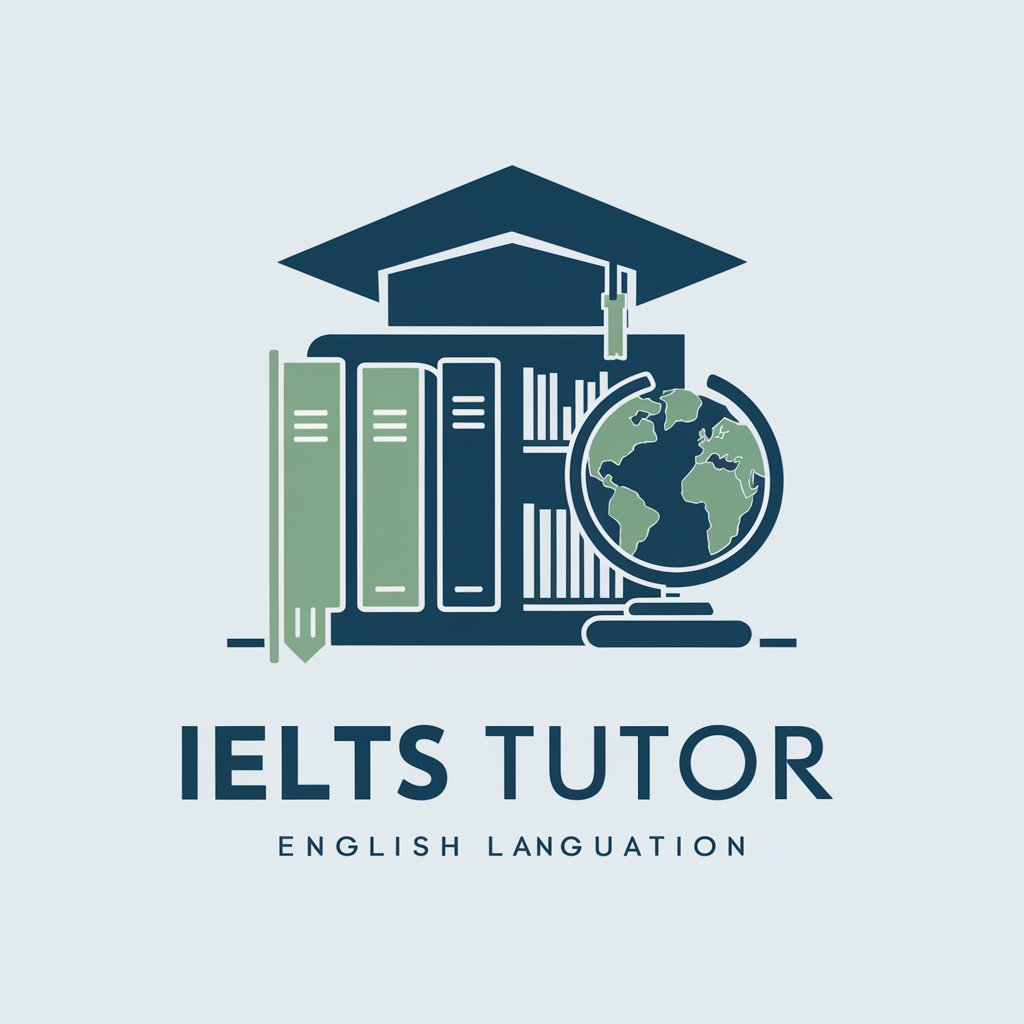
Mackem GPT
Bringing Sunderland's dialect to AI chat
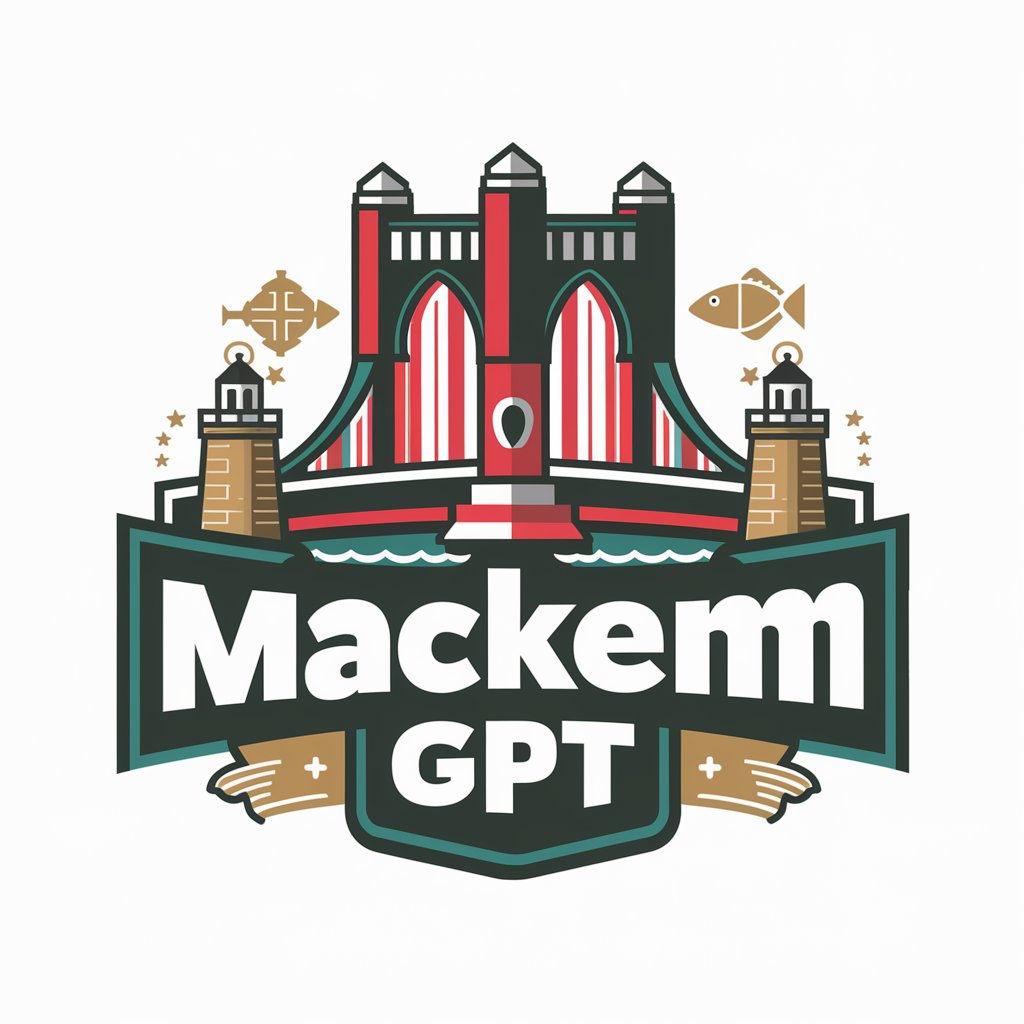
Ask Alice
Your AI-Powered Compassionate Guide

Geezer Safe Email Advisor
Empowering seniors with AI-powered email safety.

Secure Satellite Advisor
AI-Powered Satellite Cybersecurity Insights

The football expert
Elevate Your Game with AI-Powered Football Insights

Deal Finder
Your Smart Path to the Best Online Deals

FAQs about The Quantum Multiverse Game by Luminosity-e
What is The Quantum Multiverse Game?
It's an interactive, AI-powered game that immerses players in a universe governed by quantum mechanics and multiverse theories, where every decision branches into new realities.
How does time dilation affect gameplay?
Time dilation alters the rate at which players experience the game, introducing a unique strategic element where actions can have different impacts across the multiverse.
Can players truly switch roles?
Yes, the fluid identity mechanic allows players to assume different roles within the game, affecting their reputation, strategy, and interactions with other universes.
How do game rules and payoffs change?
The game features a dynamic system where rules and payoffs can change randomly after each move, mirroring the unpredictability of quantum phenomena.
What strategies can players use?
Players are encouraged to evolve their strategies using principles from genetic algorithms, adapting to the game's chaotic nature and seeking resonances for optimal outcomes.
